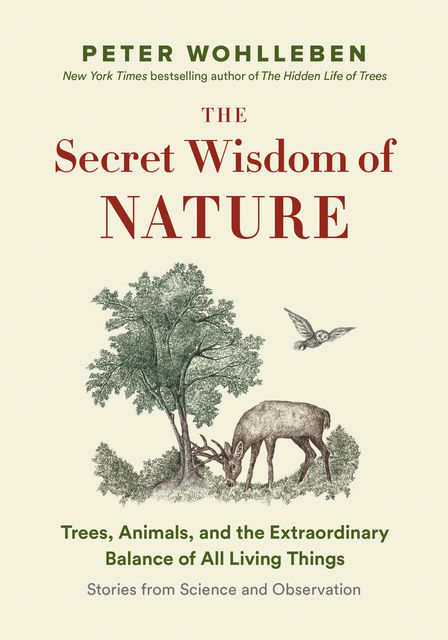The Secret Wisdom of Nature
This book is currently unavailable
256 printed pages
- Original publication
- 2019
- Publication year
- 2019
- Translator
- Jane Billinghurst
Impressions
- Raed Sarieldineshared an impression5 years ago👍Worth reading
Quotes
- jimena astridhas quoted4 years agoBut nature is much more complex than a clock, isn’t it? In nature, not only does one cog connect with another; everything is also connected by a network so intricate that we will probably never grasp it in its entirety. And that is a good thing, because it means that plants and animals will always amaze us. It’s important for us to realize that even small interventions can have huge consequences, and we’d do better to keep our hands off everything in nature that we do not absolutely have to touch.
- jimena astridhas quoted4 years agoThings can also go awry when a species is added; for example, when the introduction of a nonnative fish leads to a massive reduction in the local elk population. Because of a fish? The earth’s ecosystems, it seems, are a bit too complex for us to compartmentalize them and draw up simple rules of cause and effect. Even conservation measures can have unexpected results. Who knew, for example, that recovering crane populations in Europe would affect the production of Iberian ham?
fb2epub
Drag & drop your files
(not more than 5 at once)


